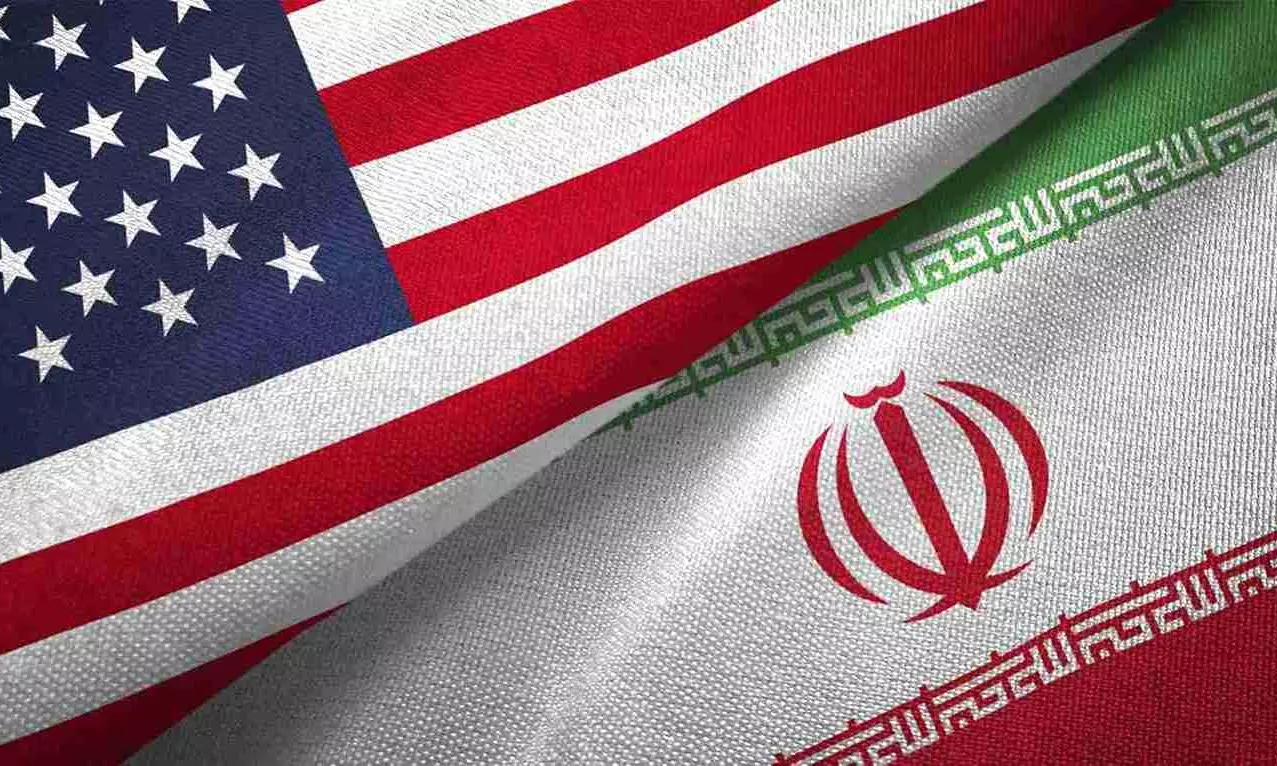
Iran, US take another step towards nuclear deal after ‘very good progress’ in talks
Before the representative of the two countries meet again in Oman on April 26, experts will discuss the details of a possible deal

Iran and the United States plan to meet over Tehran’s rapidly advancing nuclear programme again next week, after the sides described their talks Saturday (April 19) as “constructive” and making “very good progress.”
The two countries agreed to begin drawing up a framework for a potential nuclear deal, Iran’s Foreign Minister Abbas Araghchi said. Before they meet again in Oman on April 26, experts will discuss the details of a possible deal, he added.
A US official confirmed that at a point during the negotiations in Rome, President Donald Trump’s special envoy Steve Witkoff and Araghchi spoke face to face.
Also read: Iran-US talks at 'very crucial' stage: UN's nuclear watchdog chief
Positive statement from both sides
The sides “made very good progress in our direct and indirect discussions”, according to a senior Trump administration official who spoke on condition of anonymity to discuss a private diplomatic meeting.
Araghchi told Iranian state television that “the talks were held in a constructive environment and I can say that is moving forward. I hope that we will be in a better position after the technical talks.”
He added: “This time, we succeeded in reaching a better understanding about a sort of principles and aims.”
Even the unlikely is possible, says Oman minister
While the US said both direct and indirect discussions were held, Iranian officials described them as indirect, like those last weekend in Muscat, Oman, with Omani Foreign Minister Badr al-Busaidi shuttling between them in different rooms.
“These talks are gaining momentum and now even the unlikely is possible,” al-Busaidi said on X.
In a separate post, Oman’s Foreign Ministry said the sides agreed to keep talking to seek a deal that ensures Iran is “completely free of nuclear weapons and sanctions, and maintaining its ability to develop peaceful nuclear energy.”
Also read: Trump warns Iran against pursuing nukes; Tehran wary of parting with uranium
A historic moment
That the talks are even happening represents a historic moment, given the decades of enmity between the two countries since the 1979 Islamic Revolution and the US Embassy hostage crisis.
Trump, in his first term, unilaterally withdrew from Iran’s nuclear deal with world powers in 2018, setting off years of attacks and negotiations that failed to restore the accord that drastically limited Tehran’s enrichment of uranium in exchange for the lifting of economic sanctions.
At risk is a possible American or Israeli military strike on Iran’s nuclear sites, or the Iranians following through on their threats to pursue an atomic weapon.
Tensions rise in Central Asia
Meanwhile, tensions in the Middle East (Central Asia) have spiked over the Israel-Hamas war in the Gaza and after US airstrikes targeting Yemen’s Iranian-backed Houthi rebels killed more than 70 people and wounded dozens more.
“I’m for stopping Iran, very simply, from having a nuclear weapon,” Trump said on Friday. “I want Iran to be great and prosperous and terrific.”
Before the Iran talks started, Witkoff reportedly met with Rafael Mariano Grossi, head of the International Atomic Energy Agency, in Rome.
Also read: Trump ‘wants’ Iran to be a great, happy country but not have nukes
The UN nuclear watchdog agency would likely be key in verifying compliance by Iran should a deal be reached, as it did with the 2015 accord Iran reached with world powers.
Russia may play a role
Araghchi has in recent days paid a visit to Moscow, where he met with officials, including Russian President Vladimir Putin.
Russia, one of the world powers involved in Tehran’s 2015 nuclear deal, could be a key participant in any future deal reached between Tehran and Washington. Analysts suggest Moscow could potentially take custody of Iran’s uranium enriched to 60 per cent purity — a short, technical step away from weapons-grade levels of 90 per cent.
Oman’s capital, Muscat, hosted the first round of negotiations between Araghchi and Witkoff last weekend, which saw the two men meet face to face after indirect talks.
Also read: We won’t negotiate, do whatever the hell you want: Iran’s President tells Trump
Troubled times for Iran
Ahead of the talks, however, Iran seized on comments by Witkoff first suggesting Iran could enrich uranium at 3.67 per cent, then later saying that all enrichment must stop.
Ali Shamkhani, an adviser to Supreme Leader Ayatollah Ali Khamenei, wrote on X before the talks that Iran would not accept giving up its enrichment programme like Libya.
“Iran has come for a balanced agreement, not a surrender,” he wrote.
Iran’s internal politics are still inflamed over the mandatory hijab, or headscarf, with women still ignoring the law on the streets of Tehran.
Rumours also persist over the government potentially increasing the cost of subsidised gasoline in the country, which has sparked nationwide protests in the past. Iran’s rial currency plunged to over 1 million to a US dollar earlier this month.
(With agency inputs)

